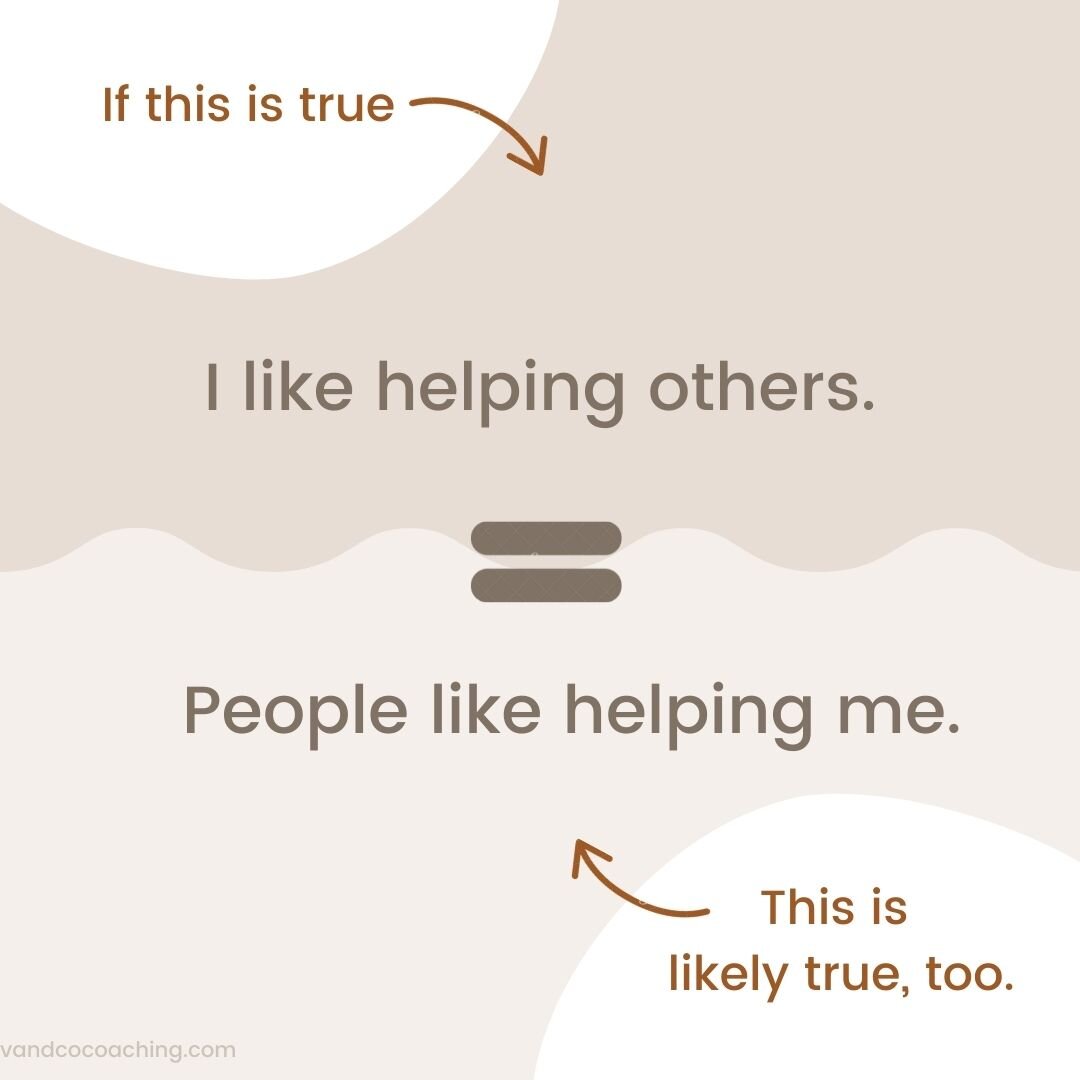The Second Arrow ➼ ➼
When I was in third grade, we played a game in class called "Head's Up 7 Up." You close your eyes, put your head down on your desk, and stick your thumb up like hitchhiker while keeping your hand and arm down on your desk.
The fun ensues if you're chosen by one of the seven "it" players by way of them pressing your thumb down. And if you correctly guess which of the seven picked you, you get to be a new member of the seven.
I so badly wanted to be picked. It was nerve wracking waiting in the quiet of the room to maybe get selected and I must have gotten a little sweaty because I moved my hand a bit to disperse the perspiration that was accumulating in my palm.
"Vanessa is a cheater!" I heard someone next to me yell. I whipped my head up when it sunk in that I had moved my hand right when someone was about to pick me, making them assume that I peeked and cheated.
I was incensed. I wasn't cheating and it was so unfair that I was asked to sit out from the game just when I was going to get to be part of the fun. As I'm writing about his incident, even with 30 years of hindsight it still sort of bothers me!
The first arrow ➼ Pain: unfairly being called a cheater.
The second arrow ➼ Suffering: holding on to my resentment.
This is the Buddhist concept of the second arrow.
Getting shot with an arrow hurts, but don't you have to suffer from the second one: our emotional reaction to the shot arrow. This can come in many forms such as anger at the person who shot the arrow, shame that you were an easy target or didn't fight back, guilt that your wound wasn't fatal but someone else's was, resentment, etc.
It's like accidentally ordering a pain burger and deciding to eat the side of misery fries too.
Are you familiar with this classic, The Monk Story?
Your emotions: to control or not to control? So what DO we do with all these emotions that accompany the first arrow?
In our society, there's an expectation that we're strong enough to be able to turn our emotions off, tone them down. or ignore them. Sadly, this isn't helpful advice.
A large body of psychological research suggests that when we attempt to control or avoid our feelings and thoughts, we can experience even greater emotional suffering.
A beautiful quote:
Hopefully the above is helpful, but it can't compete with Rumi, the 13th-century Persian poet and Sufi mystic, who said:
“This being human is a guest house. Every morning a new arrival. A joy, a depression, a meanness, some momentary awareness comes as an unexpected visitor. Welcome and entertain them all. Even if they are a crowd of sorrows, who violently sweep your house empty of its furniture, still, treat each guest honorably. He may be clearing you out for some new delight.”























